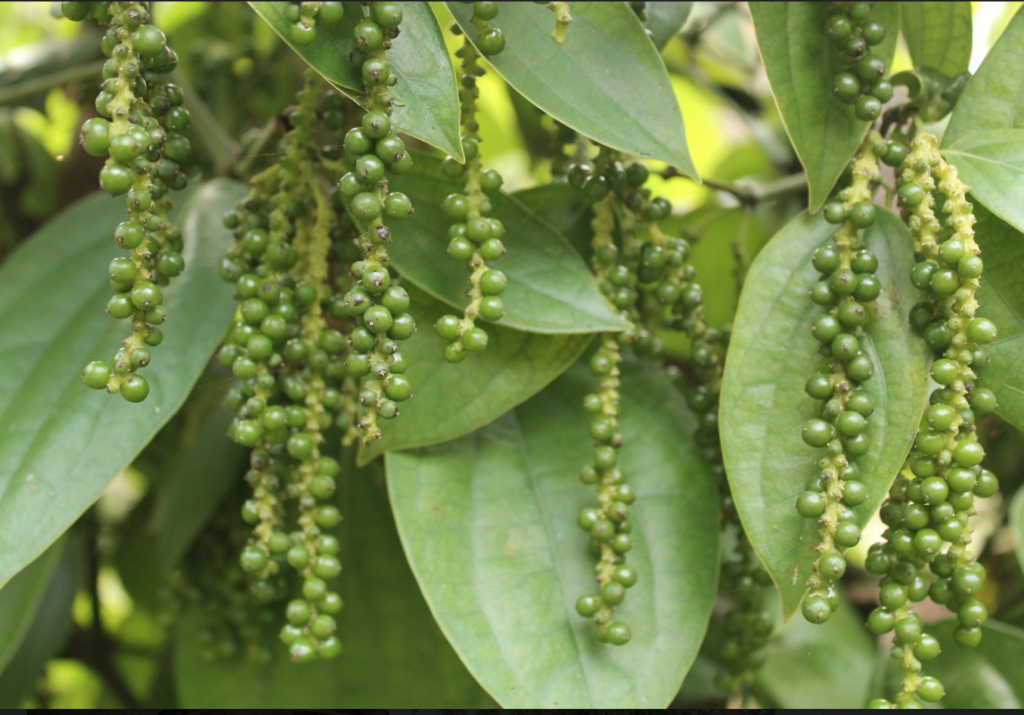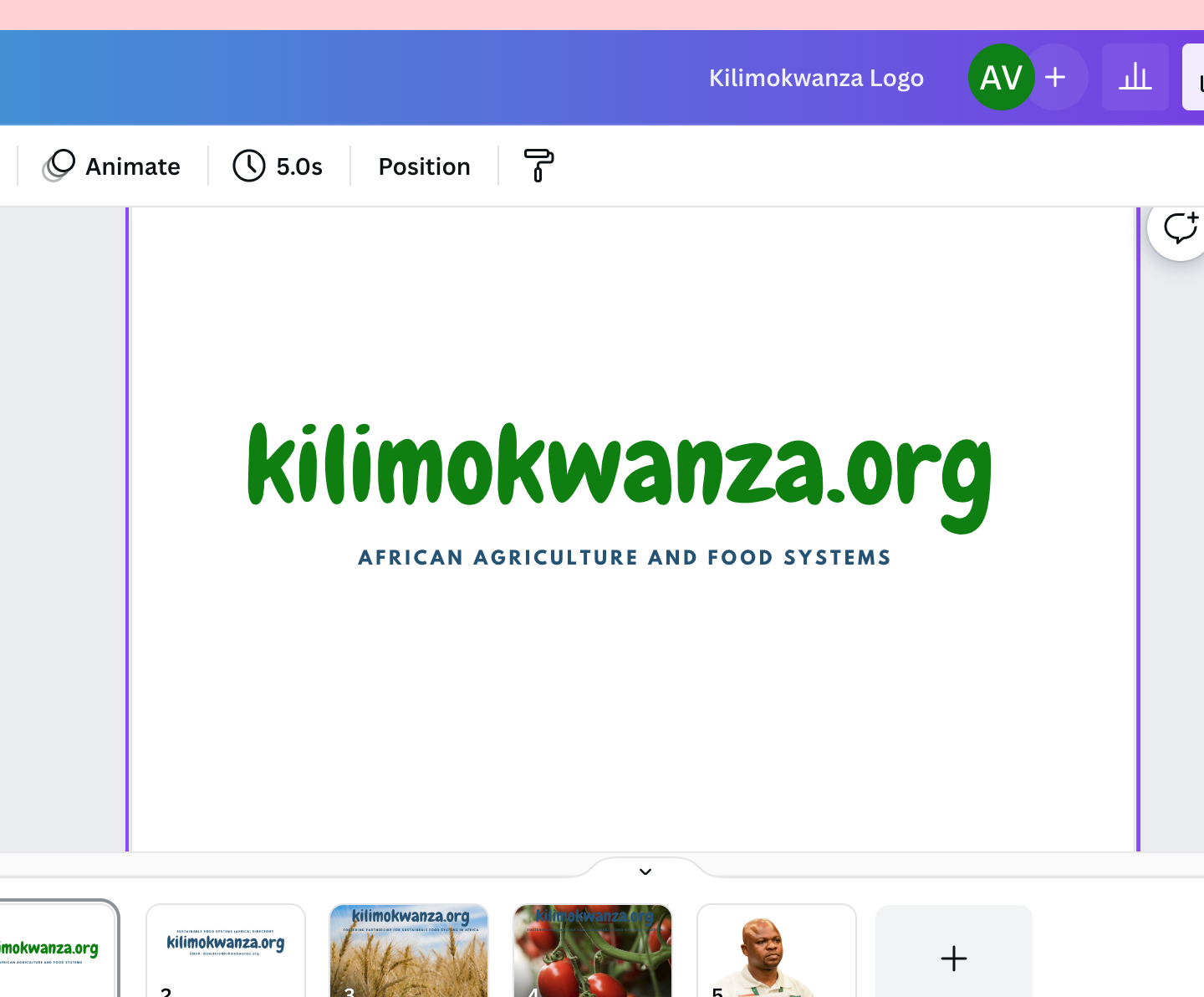Tanzania: Innovative farmers’ groups digging a way out of poverty
Once upon a time shadows of hopelessness and helplessness deeply engulfed her life. She felt that financial desolation had done her out of a fulfilling and meaningful life.
“For years I thought in my lifetime, I would never become financially independent. This started after I dropped out of school in Form II. Farming proved me wrong but it took over 20 years to find the right path!”
As Mama Marge Minga makes the statement she as caresses one of her cows, which complements paddy, maize, beans and potato farming in her 15 acres farm located in Mlimba, Kilombero District in Morogoro Region.
“My most precious dream got massacred the day I stepped out of class for the last time,” she adds, looking forlorn. This was in 1981. Earlier her father had passed away. As she was a bright girl, a benefactor paid her school fees for almost two years but later had problems with immigration and was forced out of Tanzania.
There was no one to continue paying her school fees. Her biggest dream; joining the university and making a prestigious career for herself became a cropper.
Shamefaced and no longer at ease she saw herself as a burden to her mother, where they lived in Tukuyu. She decided to move to Mlimba, and start a new life with her sister.
At the new dwelling, for stability, there was only one road. Marriage. Within a few years had 3 children. She had given up for herself but she could not give up for her children. Slowly she started dreaming again.
Maybe, maybe, she thought, education was not the only route to success.
She had to think outside the box or accept extreme poverty as a way of life. She tried her hand as a secretary, shopkeeper and salesperson among other activities. Despite leading a donkey’s life, none of those jobs could meet her needs, it was always handed to mouth life.
In 1986, she took a radical decision to start a business buying and selling cereals but many times the quality she bought from farmers was wanting. She ventured into farming to solve the problem of low-quality products, but time and again found herself in the same traps that had nabbed other farmers for years, which made low production almost a way of life. She was in deep waters and the way out was nowhere in sight.
A chance encounter with officials of Women in Social Entrepreneurship (WISE) in a project called Farmers Organisation Enhancement Project (FOCEP), would later change all that. It was funded by Alliance for a Green Revolution in Africa (AGRA).
“Little did I know that farmers’ education would change my life for good! It raised my hopes and gave me a new beginning,” she says with pride.
In 2014, officials of WISE with the village government called on villagers to attend a Smallholder Farmers (SHFs) workshop. She decided to attend the workshop and it was the beginning of hope reborn. Out of the meeting, a farmers’ group was born and named seKondary, with membership rising to 60 (39 women, the rest men) a few weeks later.
“With the knowledge learnt, and mentoring by WISE Executive Director, Dr Astronaut Bagile, I have experienced a great transformation in my farming activities. I have expanded my land from 5 acres to 15. My produce is quality and more marketable.”
Today, Minga is a role model in her village a mobilizer, a farmer leader and an inspirational role model. More importantly, in her own words, in the recent years she has been able to taste “financial freedom.” To her, It means a life without debts, being able to save and meet all important parental obligations and improve her own life.
“Thanks to improved farming, we take our children to better schools, we have built nice houses and we lead quality life.” She has also managed to acquire about 15 oxen, which she uses for ploughing. She is saving to buy a tractor.
On average she harvests about 154 sacks of paddy (100kg each) in an acres, while in the past she would hardly get 10.

Has her farmers’ group been vital in contributing to better lives for farmers? The answer is a big yes. But looking perturbed, she says there are many challenges. After the end of support from WISE in 2016, some members left the group, because they needed constant education and encouragement. “Those of us that have remained in the groups, we have the best and most productive farms, we buy inputs together, we save together and we constantly seek innovation to improve productivity,” she says.
Mama Minga is among about 3000 smallholder farmers in Kilombero District who were empowered to increase agricultural productivity by over 30 per cent by WISE in a project funded by AGRA. The main gist was farmers’ education and improved farmers’ organization.
Mzee Hassan Ally Mwegole, 70 years old said the project changed his life. It opened his eyes to start making oxen driven farming tools, which he is supplying to farmers like Mama Minga.
For Mr Renatus Danda, executive secretary of Association of Mlimba High Quality Rice Grower (AMRIGO), the education that was provided by WISE has been instrumental in making farmers more organized, innovative and be able to access inputs easily and other services needed for improved farming.
He says, farmers who have stuck to their groups, after getting business plan development, marketing and financial Literacy training had changed their lives for the better.
Numbers
2: Farmers apex bodies capacitated by FOCEP
60: Farmers groups created
3000: Farmers in Kilombero reached
AGRA Grant
2014: Three years Farmers Organizations Enhancement Project (FOCEP)
TSH 34,950,000


